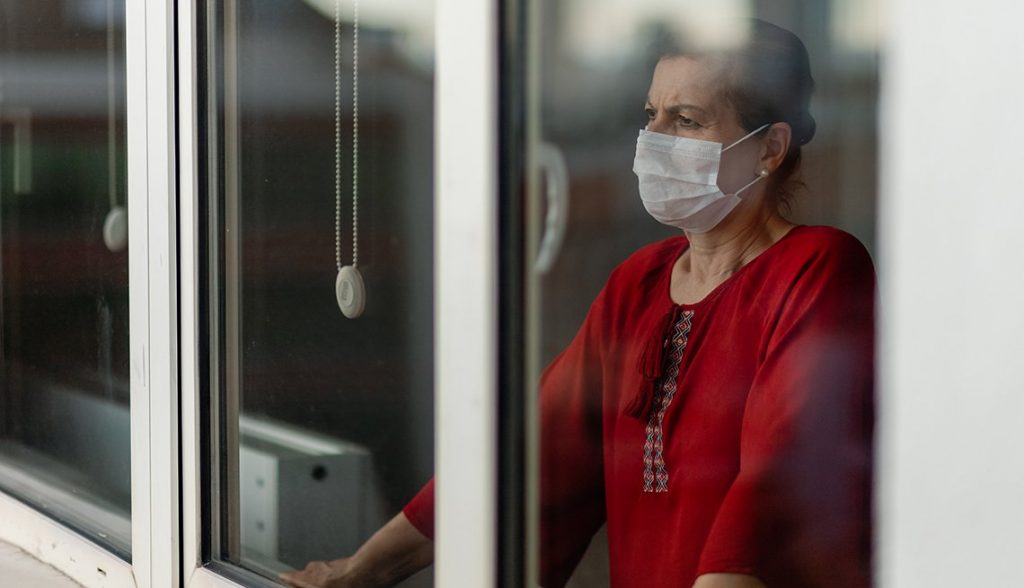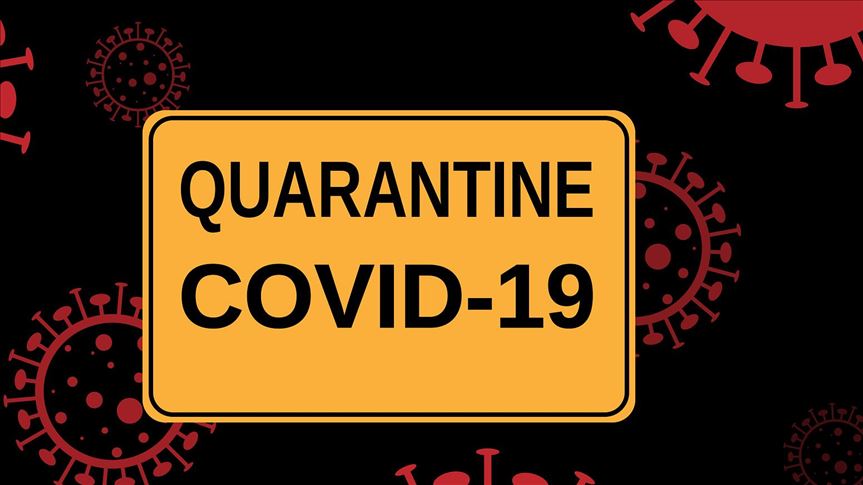How Long to Quarantine After Testing Positive
How Long to Quarantine After Testing Positive – There are too many misconceptions and rumors in the market regarding COVID-19.
Health agencies of the federal government of the United States are doing everything in their hand to contain these rumors, but still, you can find so much misinformation regarding COVID-19 on the Internet.
Even though these things do not impact the life of general people, people who are testing positive for COVID-19 find it very hard to get the right information. Rumors or misconceptions can increase the fear of viruses in the mind of a newly tested positive person.
That is why today, we are here to discuss quarantine and isolation. Suggested by the Centers for Disease Control and prevention. We will discuss how long to quarantine after testing positive.
The Centers for Disease Control and Prevention created a few categories depending on vaccination status. We will discuss each Category 1 by 1.
Exposed to COVID and Not up to date with Vaccines
Your vaccination status is going to influence How long you quarantine after testing positive. The first category of guidelines is for people who are not up to date with their vaccines and who have been exposed to someone with COVID-19.
The Centers for Disease Control and Prevention have two categories for every vaccinated person. The first category is up to date, which means that you have already received the booster dose for which you are eligible.
The second category is fully vaccinated, which means that you have already received the primary doses of the COVID-19 vaccine. The below-given guidelines are for people who are not up to date with their vaccines.
- If you were exposed to COVID-19 and you are not up to date with your vaccines, then you should stay home and quarantine yourself for at least five days.
- During your quarantine period, you should keep wearing a well-fitted mask when you are around others in your home.
- The Centers for Disease Control and prevention do not allow you to travel until the 6th or 10th day of your exposure. You can travel after the 6th or 10th day of your exposure with full precautions.
- You should keep wearing a face mask and maintain at least a 2-meter distance while traveling.
- In case you do not develop any symptoms whatsoever, even after five days of your quarantine, then you can end it.
- You should keep watching the status of your symptoms until the 10th day of your close contact with someone infected with the virus.
- You are not advised to be around people likely to get very sick from COVID-19. The Centers for Disease Control and prevention categorize these people as high-risk individuals.

Exposed to COVID-19 but up to date with Vaccines.
The second set of guidelines is for people who are up to date with their COVID vaccines and who have recently been exposed to COVID-19.
The Centers for Disease Control and Prevention have separate sets of guidelines for those people. Kindly remember that these guidelines only apply if you have not tested positive for the virus.
- The Centers for Disease Control and Prevention do not recommend any quarantine period for people who are up to date with their vaccines.
- In case you develop any symptoms related to COVID, then there is five-day isolation.
- You should get yourself tested regardless of the development of symptoms. The Centers for Disease Control and Prevention recommend you get tested after five days of your exposure to COVID-19.
- You should keep watching for the symptoms related to COVID-19 till the 10th day of your exposure.
- You should keep wearing a well-fitting mask in public and private places for at least ten full days. At the same time, you should also avoid going to any public place without wearing a well-fitting mask.
- You can travel from the very first day, but you should follow all the precautions related to COVID-19.
Quarantine Guidelines for People Who Tested Positive for the Virus
The Centers for Disease Control and Prevention have a simple set of guidelines for everyone who tests positive for COVID-19.
These guidelines will be followed by everyone regardless of their vaccination status. The CDC does not give any special treatment to people who are either up to date or fully vaccinated when they get tested positive for the virus.
- The Centers for Disease Control and Prevention recommend everyone isolate themselves for at least five full days when they first get tested for COVID.
- At the same time, the CDC does not recommend they travel anywhere until a full ten days of symptoms have started. Even after ten days, you should follow precautions.
- You can end your isolation if you do not develop any symptoms related to COVID-19 after five days. If you are fever-free for 24 hours without using any fever-reducing medication, then you can end your isolation.
- In case you get very sick from COVID-19, or you have a weak immune system, you should consult with your doctor. You might require hospitalization.
- The Centers for Disease Control and Prevention do not recommend you to be around someone more likely to get very sick from COVID-19. Whether you have symptoms related to COVID-19 or not, you should maintain a good gap.
When you are counting your days from exposure, then day zero will be your first day of symptoms over tested positive from viral tests. The first day will be the first full day after your symptoms develop.
I had COVID-19 last month, and now I am exposed to someone with COVID once again. What should I do?
The Centers for Disease Control and Prevention have a separate set of guidelines for people who were confirmed positive for COVID-19 in the last 90 days. In case you were exposed to COVID-19 once again, then there is no need to stay home unless you develop any symptoms related to the virus. You just have to keep an eye on all of the symptoms related to COVID-19 for at least ten full days. You can travel with full precautions, and you should keep wearing masks when you are in public.
